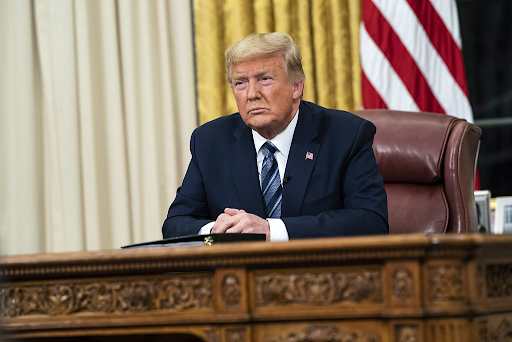In a significant nod to worried allies, Donald Trump has stated he will not allow Israel to annex the West Bank. This declaration appears to be a direct response to a concerted lobbying campaign by European and Arab nations who feared that such a move would shatter any remaining hopes for a peaceful resolution to the Israeli-Palestinian conflict.
The announcement brought a sigh of relief to allied governments like the UK, France, and Australia. Officials there had been concerned that Trump would use the recognition of Israeli settlements as a form of retaliation for their decision to recognize a Palestinian state. The president’s clear statement to the contrary signals that their diplomatic outreach was effective.
The timing puts Israeli Prime Minister Benjamin Netanyahu in a difficult spot. As he arrived in New York to address the UN, he was confronted with a public statement from his closest ally that undermines a key goal of his far-right coalition partners. This forces him to manage a delicate political situation both at home and abroad.
The issue of annexation is highly contentious due to the presence of 700,000 Israeli settlers on land Palestinians see as part of their future state. These settlements, which continue to expand, are widely considered illegal and a major roadblock to a two-state solution. The E1 plan, for example, is designed to strategically sever the West Bank from East Jerusalem.
This policy clarification is also part of a broader American diplomatic push centered on the Gaza Strip. The US has put forward a 21-point plan to end the nearly two-year war. Following talks with regional leaders, Trump expressed optimism about achieving a deal to release hostages and establish peace, addressing a conflict that has led to widespread famine and over 65,000 deaths.

